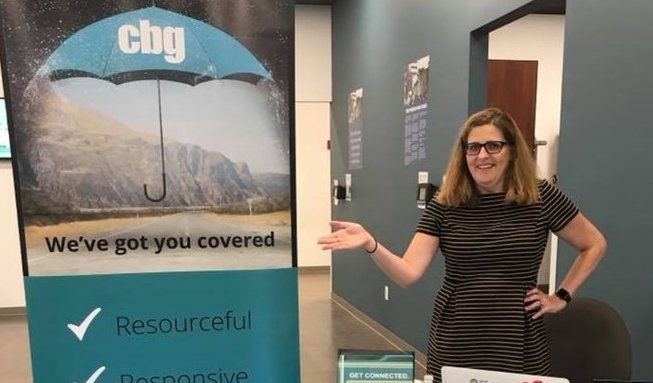 You know that your travel expenses are excessive, but you don’t know how to rein them in. Here’s a brief refresher.
You know that your travel expenses are excessive, but you don’t know how to rein them in. Here’s a brief refresher.
Business travel expenses are often a necessary evil, especially if your company’s sales reach spans the globe. Services like WebEx have made it possible to do some work remotely, but you or your employees sometimes have to meet with faraway customers in person, and attend industry gatherings.
It takes too long to carefully comb expense reports, so you end up just approving them. Here’s a better idea: Start being proactive about travel expenses rather than reactive. Use one of the many ways you have to communicate with your road warriors and start strictly enforcing a few simple IRS rules.
 You could begin here: Use the Internal Revenue Service’s official language to define appropriate expenses related to travel. Anything you submit on your company tax returns must be ordinary and necessary, not lavish, extravagant or obtained for personal purposes.
You could begin here: Use the Internal Revenue Service’s official language to define appropriate expenses related to travel. Anything you submit on your company tax returns must be ordinary and necessary, not lavish, extravagant or obtained for personal purposes.
That said, here are some examples of what the IRS does consider to be deductible expenses:
Travel and lodging, of course. If you have to be away from your home because of a job, travel by automobile, bus, train or airplane is game – only if a ticket was purchased. You can’t write off trips taken with frequent flier miles or paid for by someone else. Personal expenses in hotels cannot be claimed.
Other business-related transportation. Trips by taxi or other means to get between airport and hotel, work location and hotel, and between customers or business establishments
Meals and entertainment, which is the easiest place to blur the lines between business and personal expenses. Each business-related expense in this area is subject to the 50 percent limit.
Laundry and dry cleaning
Business-related communications costs like phone calls, any wireless expenses, faxes, etc.
 Shipping, if the cost is directly related to your trip, like trade show materials, displays and luggage
Shipping, if the cost is directly related to your trip, like trade show materials, displays and luggage
Tips, for any of your legitimate business expenses
Other ordinary and necessary expenses. This should be easy to determine, but also easy to fudge. You and your traveling employees need to evaluate expenses based on their relationship to the trip’s purpose. Did they have to rent equipment, for example? Pay for a courier to deliver business materials? This is one of the two areas (the other being meals and entertainment) where you may have to sometimes approve or deny at least large expenditures on a case-by-case basis.
Complex Rules
The IRS has more in-depth explanations of these allowable expenses and of their many exceptions. We can help simplify these for you so that they’re more easily understandable.
In addition, here are some suggestions for encouraging employees to police themselves:
- Make expense-reporting easy. Provide simple, clear applications, some or all of which should be available on mobile devices. Here, too, we can make some recommendations and help you get set up.
- Stress the importance of honesty in terms of potential damage to your business. Your travelers are not just complying with the rules to make you happy. Perhaps a quick look at the list of IRS penalties and fines.
- Reward good stewardship of company funds. Offer prizes for money-saving travel ideas, or for the staff member who economizes the most on a trip.
Finally, be firm with your expense-reporting requirements, but let your mobile staff know that you’re aware of the downsides of being on the road for work. Express your appreciation for their willingness to put their personal lives on hold and deal with travel hassles. That kind of appreciative attitude isn’t just a good idea – it may actually encourage better compliance.

